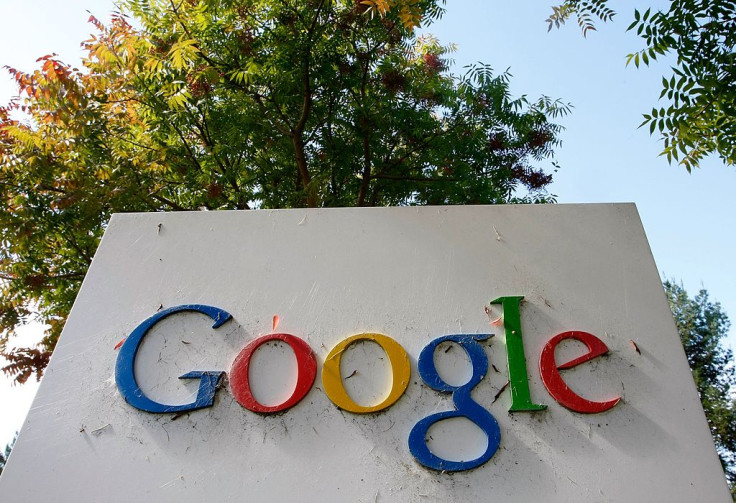Alphabet Rallies After Court Ruling Preserves Chrome, Data Sharing Opens AI Competition

Alphabet Inc. enjoyed a significant boost on Wednesday after a U.S. federal court ruled that the company could retain control of its Chrome browser and Android operating system, while also requiring it to share search data with competing tech firms. The ruling effectively spared Google from a structural breakup and provided clarity on the regulatory landscape for the company's core digital advertising and search businesses.
Investors responded enthusiastically: Alphabet shares surged as much as 8.3% intraday and were up roughly 6% in premarket trading, according to Reuters, signaling broad relief that one of the most closely watched antitrust cases in the technology sector had concluded in Google's favor. Apple, which has a lucrative agreement with Google to make it the default search engine on iPhones, also gained, reflecting investor confidence that these arrangements will continue uninterrupted.
The ruling comes amid heightened scrutiny of tech giants by U.S. regulators. In this case, the court's decision to mandate data sharing rather than a breakup represented a compromise: it aims to enhance competition for emerging rivals, especially in the AI-driven search space, without dismantling the core revenue engines of Alphabet. Analysts told Reuters that this approach could allow smaller AI search competitors to access essential data, but would leave Google's broader ecosystem largely intact, preserving its ability to monetize ads and maintain strategic partnerships.
Market observers note that the decision has broader implications for the technology sector. The S&P 500 and Nasdaq futures climbed in early trading, reflecting optimism across tech stocks that aggressive regulatory interventions may not be as severe as feared. Reuters reported that investors are viewing the ruling as a blueprint for future regulatory actions, balancing competition with stability in major tech companies.
The court's mandate comes at a pivotal moment for AI innovation. Smaller companies and new entrants are increasingly developing generative AI tools, and access to high-quality search data is considered crucial for training competitive models. By requiring data sharing, the court opened the door for rivals to innovate without undercutting the business model of the sector leader. Analysts interviewed by Reuters suggest this could create a more dynamic, if still highly competitive, market environment.
Alphabet's CFO, speaking at a post-market call cited by The Guardian, emphasized that the company will comply with the data-sharing requirements while continuing to invest in AI, search, and cloud services. Executives noted that while regulatory oversight remains intense, the company's fundamental growth trajectory and advertising revenue streams remain secure.
"This ruling clarifies the rules of the game," one market analyst told Reuters. "Investors can now gauge risks more accurately, and Google retains the core of its ecosystem while competitors gain access to the data they need to compete."
The market's response highlights the interconnectedness of tech and broader financial markets. Beyond Alphabet, the decision helped lift other major tech names, including Microsoft, Meta, and Amazon, as investors welcomed what they saw as a predictable resolution to a high-profile regulatory challenge.
According to Reuters, the ruling underscores the delicate balancing act regulators face: promoting competition without destabilizing companies that dominate crucial segments of the digital economy. For Alphabet, Wednesday's windfall provides a moment of clarity—and an immediate boost to its market capitalization—while the tech sector at large celebrates a temporary reprieve from uncertainty.
© Copyright IBTimes 2025. All rights reserved.



















